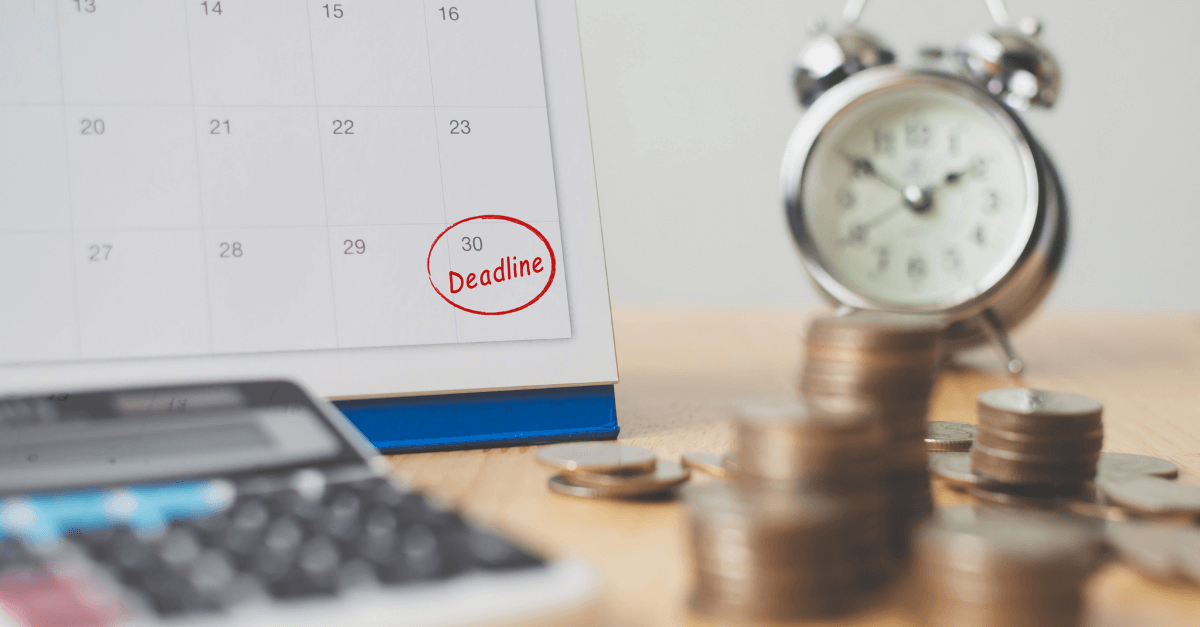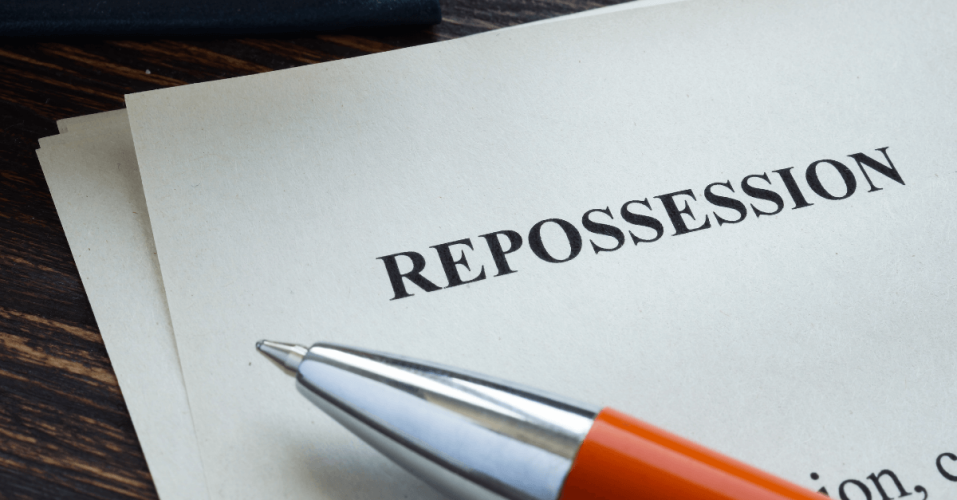Debt collection is a stressful experience that no one wants to have to worry about, but if it happens, you may want to know what to expect. If you have questions about debt collection, we have answers, and you’ll find them here at Dovly 101: Let’s Talk Debt Collection.
When Does an Account End Up in Debt Collections?
When you start to fall behind on your bills, you can count on getting phone calls, emails, or letters reminding you that you have one or more payments past due and asking you to make the payments that you owe. Most lenders try to collect past due payments themselves, but if you continue to be unable to make payments for several months, your lender may send your debt to a third-party agency to collect it.
At some point, your lender gives up on being able to collect payment and involves a debt collector. Usually, your account is more than 120 days past due before you hear from a debt collection agency.
How Does Debt Collection Affect Your Credit?
Missed payments have a negative impact on your credit as soon as an account is more than 30 days past due. When a debt ends up in collections because you’ve fallen several months behind, it shows as a serious mark on your credit report. Ending up in collections means the original lender has written off the debt. A negative mark remains on your credit report for seven years.
Once your credit report shows that you’ve been in collections, you’ll be considered a risky borrower, and many of your applications for credit are likely to be turned down. If you’re approved for new credit, you’ll most likely have to pay a high-interest rate to compensate the lender for the risk they’re taking in loaning money to you. As time passes, the debt collection will have less impact on your credit as long as you’re paying your bills as agreed.
Things a Debt Collector Can Do to Get You to Pay
Once your account ends up in collections, you can count on the collector being very persistent about trying to get you to pay. They’re likely to pressure you with daily phone calls and frequent letters, and they may threaten to sue you. They may call people you know to find out if they know the best way to contact you. They can take you to court to collect the debt if nothing else works, which can result in levies on your bank account or garnishment of your wages.
If a debt collector is unable to get you to pay your debt, they can sell your debt to another collection agency. At that point, a different debt collector will begin to call or write to you repeatedly.
Your Rights: Things Debt Collectors Aren’t Allowed to Do
While debt collectors are within their rights when they persistently contact you to try to recover past due payments, there are things they aren’t allowed to do. These include:
- Calling before 8 a.m. or after 9 p.m.
- Calling you at work if you’ve asked them not to
- Try to collect money from you that you don’t owe
- Use obscene language
- Threaten you with violence
A debt collector can’t have you arrested for not paying them. Keep in mind if they sue you and you don’t show up in court, you’ll automatically lose.
Negotiating with a Debt Collector
Don’t try to avoid debt collectors altogether. While you may not have anything new to tell them from one day to the next, it’s a good idea to see if you can negotiate with them. You may be able to work out a payment plan. You may also be able to get them to agree to accept a percentage of the debt as a settlement. If a debt collector agrees to accept a portion of the total balance to consider the debt paid in full, make sure you get this agreement in writing.
What if You Believe the Debt isn’t Legitimate?
You may be contacted by a debt collector for a bill that you believe isn’t legitimate. It could be a bill you’ve already paid, or it could be an account fraudulently opened by someone else in your name. Since debts are frequently passed from one collections agency to another, the records a debt collector has may not be correct.
You have the right to dispute a debt within 30 days of being contacted. The collector has to investigate your dispute and send written verification of the debt before contacting you again to request payment.
fixing Your Credit
Keep records of what you’ve paid on past due accounts and what you still owe, and make sure collectors aren’t trying to get you to pay bills that are already paid. Going forward, do your best to pay your bills on time and try to avoid borrowing more money than you can afford to pay back. While going to collections is a blow to your credit, as time passes, you’ll be able to rebuild a good credit history.
In the meantime, watch your credit report and make sure your account balances and statuses are reporting correctly. Dispute any errors you find on your credit report right away. The easiest way to dispute inaccuracies on your credit report is by letting Dovly take care of it while you relax. Dovly is an AI credit engine that can help you track, fix and manage your credit. Try it risk-free with our free membership tier.



